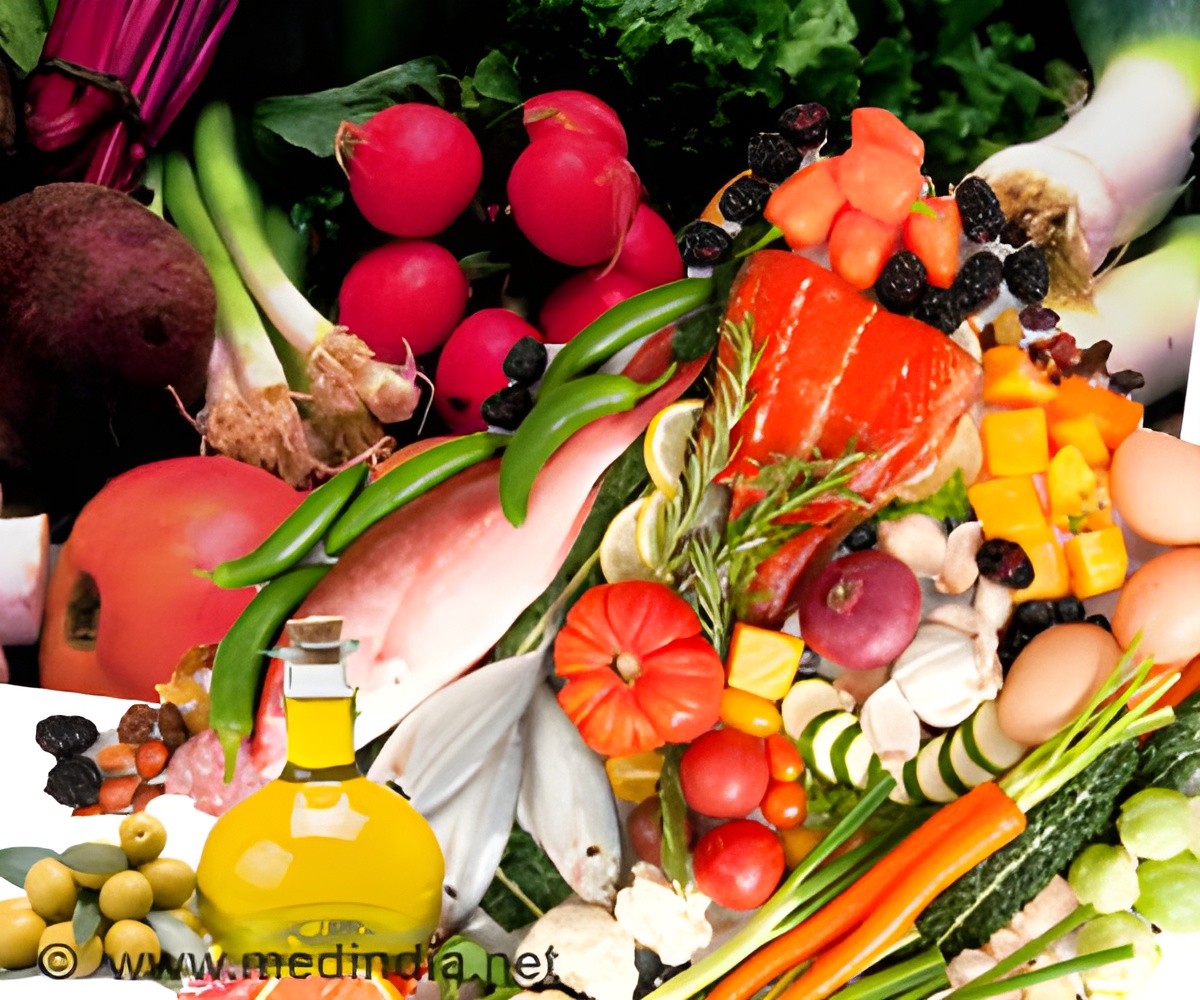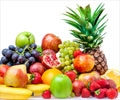Researchers suggest that the type of surface bacteria present on fresh fruit and vegetables depend on the type of produce.

The authors suggest several factors that may contribute to the differences they observed, including farm locations, storage temperature or time, and transport conditions. These surface bacteria on produce can impact the rate at which food spoils, and may be the source of typical microbes on kitchen surfaces. Previous studies have shown that although such microbes don't necessarily cause disease, they may still interact with, and perhaps inhibit the growth of disease-causing microbes. The results of this new research suggest that people may be exposed to substantially different bacteria depending on the types of produce they consume.
Source-Eurekalert















